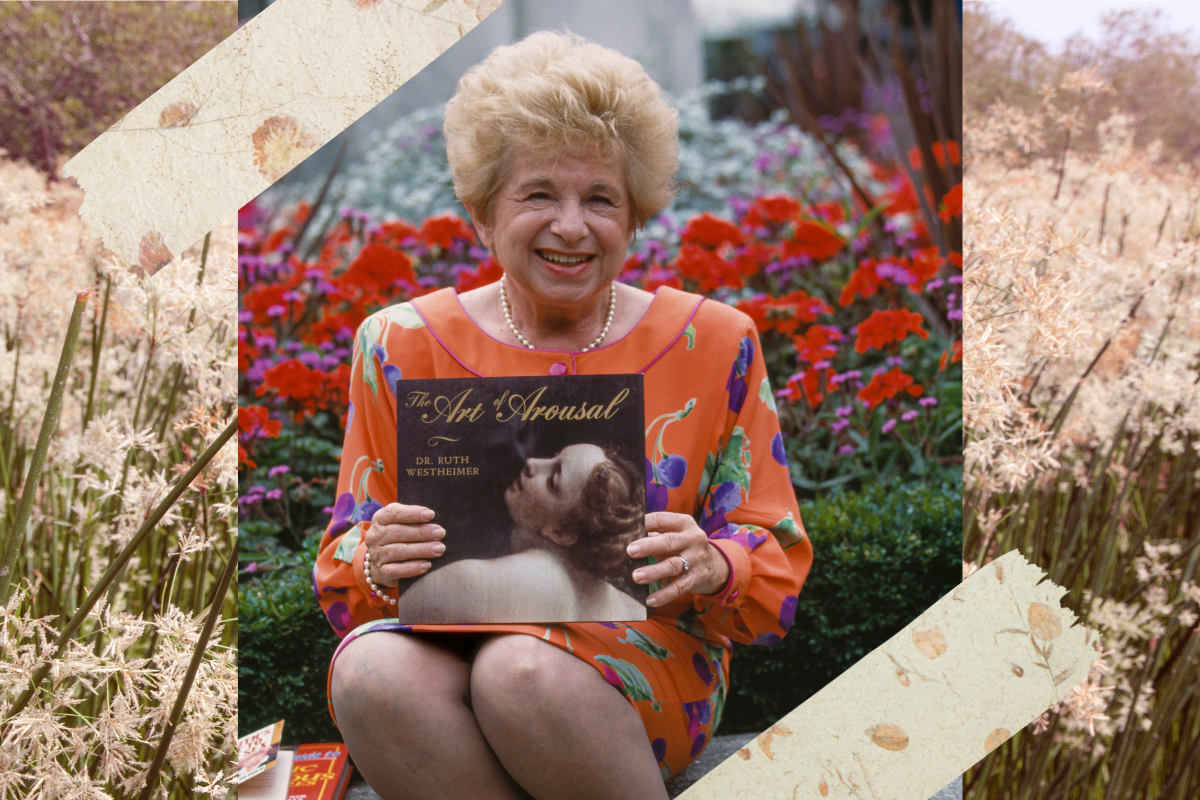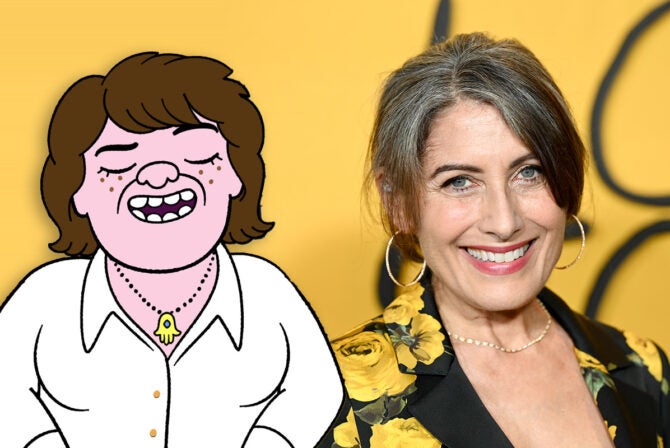At 9 p.m. on Sunday in the neonatal intensive care unit of Manhattan’s Lenox Hill Hospital, a drowsy hush fell over the spacious room where tiny little humans in plexiglass incubators were tended to by quietly efficient nurses, yellow-gowned parents seated anxiously nearby. The swoosh of the nurses’ movements as they moved from patient to patient created a white noise, a comforting percussion that smoothed over the beeps and clangs of the various monitors and machines that filled the room, designed to save the lives of these most vulnerable babies.
It was August 1984 and I was among the quietly vigilant parents of these premature or sickly children, having given birth seven weeks early to my firstborn son whom we named Adam. Though a scrawny 4.5 pounds at birth with no eyebrows and little body fat, I was confident that my child was strong, a feisty little warrior, born merely before his due date.
I heard this vitality in his birth cry — a clear and outraged protest at being pulled from the Eden of my womb too early. I sensed it in the high Apgar number he scored. I intuited it in the joy I felt by envisioning a chubby, curious toddler when I looked at his chicken-like torso clad only in preemie Pampers that gaped open at the top of his skinny thighs.
At the age of 23, I was buoyed by my native optimism and shielded by my youth. I stared at the teeny boy who gripped one of my fingers in his delicate hand and experienced a love so consuming that I wondered how I lived without it for more than two decades. Of all the articles, short stories or books I would come to write, I knew nothing could match the perfection of this creation.
Also owing to my youth, I was often the only parent who stayed as Sunday night deepened. Sometimes, I was joined by my husband Ari. Though I longed to take my child home with me, I was happy being with him in the NICU, especially when, at 10 p.m. sharp, someone turned the dial to NBC radio over the unit’s sound system and we heard the familiar disclaimer about mature content which inaugurated the new episode of “Sexually Speaking” with Dr. Ruth Westheimer.
It was endlessly fascinating to me how the wholesome, dedicated nursing staff of Lenox Hill’s NICU loved to listen to the sexually frank subject matter of Dr. Ruth’s weekly broadcasts. Of course, it was sex that brought these neonates into the world, but the raciness of the conversation charged the air in the room. As the show progressed and Dr. Ruth warmed to her topic, there were whoops, giggles and gales of laughter. I remember a Jamaican nurse responding heartily with an “Uh-huh!” following one Westheimer gem. While I cannot recall what Dr. Ruth said, what I do remember is the wave of laughter that reverberated through the unit.
The advice Dr. Ruth dispensed in answer to such problems as sexual shyness, inability to achieve an orgasm, dissatisfaction with one’s partner and the permissibility of pleasure was both revolutionary and somehow familiar to my Jewish ears. As the daughter of a liberal rabbi father who became a clinical psychologist, I recognized the sex-positive ethic I was raised with. Sex-positive, that is, with a hefty side order of ethical behavior and responsibility. The implicit message was that sex was wonderful but not just a mechanical act between two people. Integrity was at stake.
Since her death this past Shabbat (an honor reserved for the righteous, according to rabbinic legend), much has been written about her influence and legacy and I am far from the only person to note the reassuring quality of Dr. Ruth’s advice. She was both gentle and no-nonsense and her advice was undergirded by — it seemed to me — an existential belief, based on her own experience: Life can be very difficult. Gather ye rosebuds where ye may and while ye may…while striving to be a mensch.
Much has happened over the 40 years that have elapsed since those Sunday nights in August of 1984. My firstborn Adam, who graduated from the NICU to the step-down unit and finally came home at the age of five weeks, is now a culture critic living in Dr. Ruth’s native Germany. Four and seven years after his dramatic birth, he was joined by sister Emma and brother Judah. Five years ago, Emma started her own brood and I am now a besotted bubbe who goes by the unique Grandma handle, “EeHee.”
My grandmother identity is core to my being. I recently produced a proposal for a literary panel discussion entitled, “Blue Bubbies and Zesty Zaydies: Jewish Grandparents Write about Sex.” I come to this topic as the author of a new, sexually-frank short-story collection entitled “Lolita at Leonard’s of Great Neck and Other Stories from the Before Times.” For the past month, I have been deep in the throes of designing this program, for which I have already assembled my dream team of authors and proposed moderators.
When I submitted the program proposal to a Manhattan cultural venue just last week, it bore the following note under Proposed Moderators: Dr. Ruth Westheimer, if she is not too frail.
The recipient of my email wrote back to me on Sunday: So ironic.
Perhaps. But Dr. Ruth was my reflexive first choice among a stellar list of sexuality and relationship gurus. Not only for her well-established brand-name but because whenever I read my stories to myself, it is Dr. Ruth’s softly-accented voice I hear in my head, narrating the character’s conflicts, illuminating their sexual struggles, driving the decisions each eventually makes. The sex they have is an expression of their inner selves, not simply mechanical, but fraught with meaning and the quest for integrity.
Indeed, when I sat down to compose the characters of 13-year-old Rebecca, 18-year-old Anna, 25-year-old Claire and 40-somethings Sarah and Rachel, they were practically dictated to me by Dr. Ruth. It is she who curates the stories of these Jewish girls and women. It is she who serves as their personal guru, urging them to have good sex and to also be good people.
I wish I could remember what made the NICU nurse exclaim “Uh-huh!” on that Sunday night 40 years ago, but it is safe to say that Dr. Ruth Westheimer has evoked that Amen effect from so many, serving as our sherpa, leading us through the wilderness of contemporary life to the Eden of an integrity-filled sex life.








